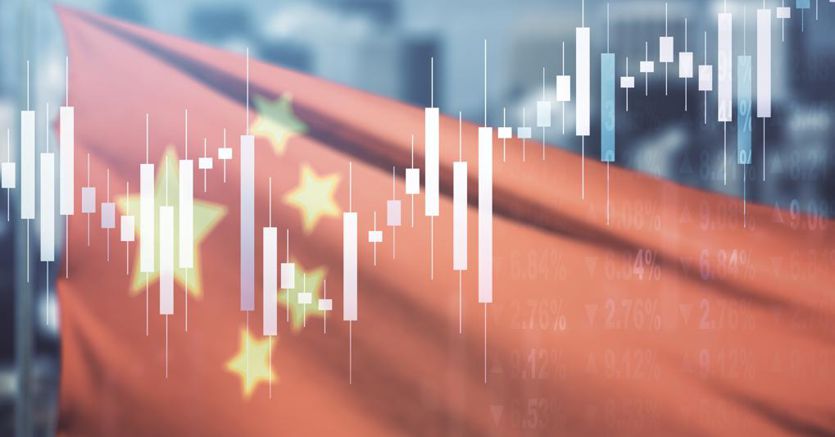More and more troubled waters for Evergrande, the highly undue Chinese real estate giant at risk of crack. In the last session on the Hong Kong Stock Exchange, the stock lost 3.8%, plummeting to a 10-year low. Compared to last Friday, the price has lost 30% and compared to a year ago, the decline is abundant 87%. At this point, international investors begin to question how big the “Evergrande bubo” can be. And if there is a risk that the liquidity crisis in which China’s second-largest real estate company has plunged – which owns more than 1,300 real estate projects spread across over 280 cities – could in some way infect Western markets. .
The beginning of the crisis
The troubles have increased since May. The decline in funds against a 2 trillion yuan ($ 305 billion) in liabilities also pulverized the value of the bonds. The context doesn’t help. In August, home sales in China plummeted 20%, marking the highest decline in 18 months. Then came the statements of the editor-in-chief of the Chinese state newspaper “Global Times” that added fuel to the fire, according to which we must not focus on a public bailout on the basis of the hypothesis that “it is too big to fail”. But an Evergrande default could have repercussions on the entire Chinese financial system and also on the country’s social stability.
Loading…
Meanwhile, it is again that the company’s bonds have been suspended following a further downgrade by the S & Poor’s rating agency while it is now assumed that on Monday the creditors will not receive coupons expected for an equivalent value of 80 million dollars. . The bankers said that most likely the payment will not be made and the company will enter a phase where the authorities step in and sell some of the assets, but the scenario could get complicated. “We will have to see what happens,” Sid Dahiya said in London. responsible for the EM corporate bonds of Abrdn, formerly Aberdeen Standard, which holds a small portion of the bonds.
Bond rates skyrocket
Beyond these implications – which risk undermining confidence in Chinese corporations that have chosen or will choose in the future the path of bonds to finance themselves – the “internal contagion” is continuing. To such an extent that the yields of high yield bonds – the most speculative and with a “junk” rating – in China jumped to 14.4% yesterday. These are even higher than those reached in the spring of 2020 as the pandemic put global markets Ko.
How are Western markets experiencing the affair? Is there a risk of repeating the history of Lehman Brothers? It would certainly be singular because even that last great crisis that the history of finance includes (2008) was triggered by the real estate market; in that case the fuse came from subprime mortgages granted right and left in the US, packaged in derivatives and then sold all over the world.
–


